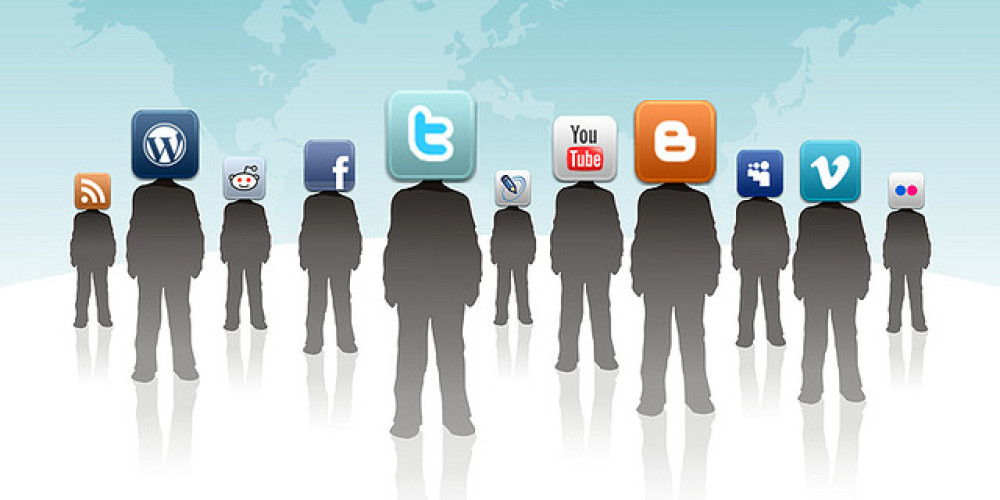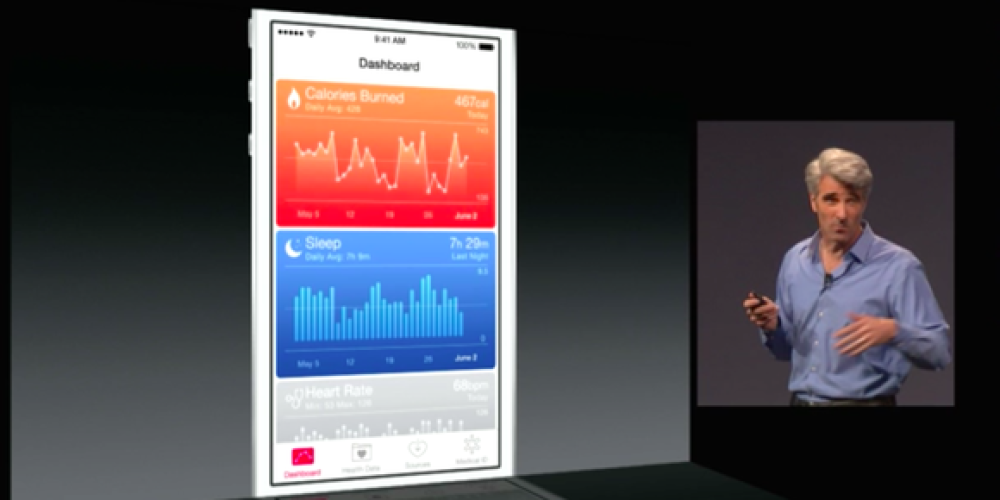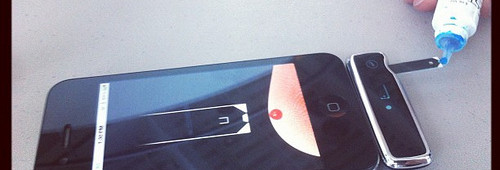“Have a take. Don’t suck.” –Jim Rome’s rules for callers to The Jungle
When cruising the latest news of what’s happening in Mobile Health, you gotta wonder:
“Where’s the innovation? Who’s delivering value? Where are the mHealth apps making a difference?”
There are tons of mobile health apps with millions of reported downloads. Billions of people walk around attached 24/7 to their smartphones. Doctors and patients are literally demanding effective mobile health tools. Even government officials tout mobile health as the future of healthcare.
Yet, when you read through the following articles, there sure seems to be a disconnect here.
43,000+ Mobile Health Apps Missing the Mark?
A recent study, Patient Apps for Improved Healthcare: From Novelty to Mainstream, reveals:
- Large number of apps, limited functionality
- Downloading and use of apps limited
- Few apps target the greatest areas of need in healthcare
- Physicians hesitant to recommend apps
- Four areas that must be addressed to move mHealth apps mainstream
95 million Americans used mobile health apps in 2013. Yet, research indicates conflicting information on use of mobile apps for patients with chronic conditions.
Does this indicate that the mobile apps fail to deliver as promised when truly needed?
Most Consumers Have Never Used a Mobile Health App
A recent Harris Interactive study on behalf of Wellocracy reveals that the majority (56%) of consumers in America never used any type of mobile health tracking device, app, or website. While most people haven’t used mobile health apps, they believe tracking their health using technology and apps offers benefits.
What Does Mobile Health Need Right Now?
This trio of cardiologists from Scrippts Health offer insights on three areas where mobile health could transform healthcare.
Clients, Consumers, and Patients Begging for Help
Is the hype of mobile health hurting the credibility of the technology? Are we all more excited about talking about what’s cool vs. what’s useful?
What do enterprise clients, healthcare organizations, doctors, and patients really want from mobile health?
Are you asking the right questions and listening?
Is this a technology challenge?
Or, maybe it’s simply a marketing problem.
Perhaps you need to tell a better story about your technology?








